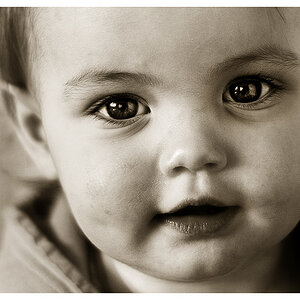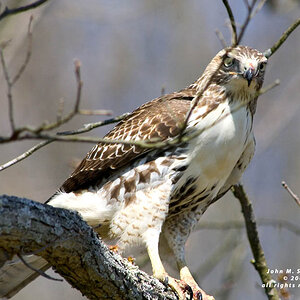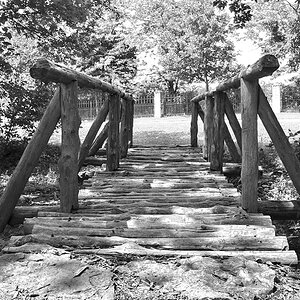OfMikeandMen
TPF Noob!
- Joined
- Mar 12, 2013
- Messages
- 48
- Reaction score
- 1
- Location
- United States
- Can others edit my Photos
- Photos OK to edit
Constructive criticism welcomed and encouraged, as well as praise. I am a newbie, and am looking to get better. I'm really working on exposure right now. I haven't read anything on urban, but if you have any suggestions for composition, exposure, or anything, really, it's welcomed. Enjoy. 
1.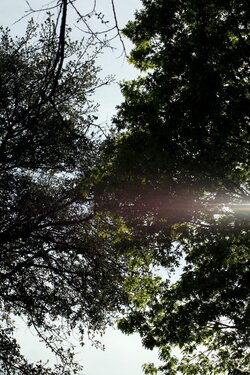
2.
3.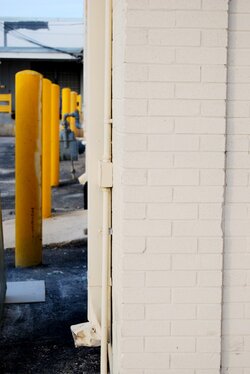
4.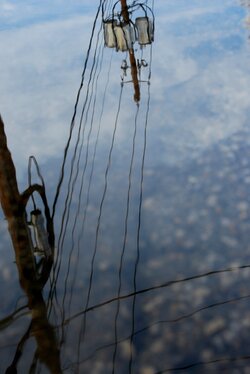
5. (This one wouldn't post for some reason so here's a link) http://img801.imageshack.us/img801/6591/dsc1465y.jpg
I know 5 is a lot to post, but any picture you want to give feedback on, if only just one, would be great. Thanks everyone.
1.

2.

3.

4.

5. (This one wouldn't post for some reason so here's a link) http://img801.imageshack.us/img801/6591/dsc1465y.jpg
I know 5 is a lot to post, but any picture you want to give feedback on, if only just one, would be great. Thanks everyone.



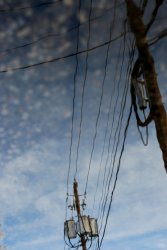
![[No title]](/data/xfmg/thumbnail/42/42494-ba608b57b09b00c0ee005a2360a510f5.jpg?1619740198)
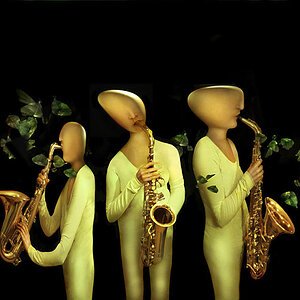
![[No title]](/data/xfmg/thumbnail/31/31086-ae0d6678ca78859132ce5375d5300961.jpg?1619734602)
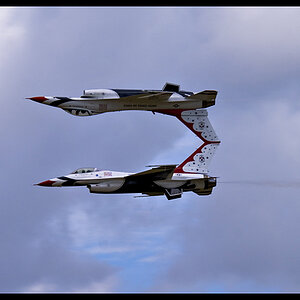
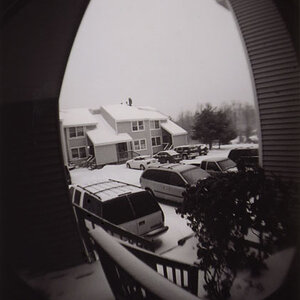
![[No title]](/data/xfmg/thumbnail/31/31085-9786bf0c16c072633ecdfad477c23095.jpg?1619734600)
![[No title]](/data/xfmg/thumbnail/37/37609-a1984365804384f841d8245ae7e3b9a7.jpg?1619738149)

![[No title]](/data/xfmg/thumbnail/31/31088-b509581dfd5e8b6b36c83266751654fc.jpg?1619734604)
